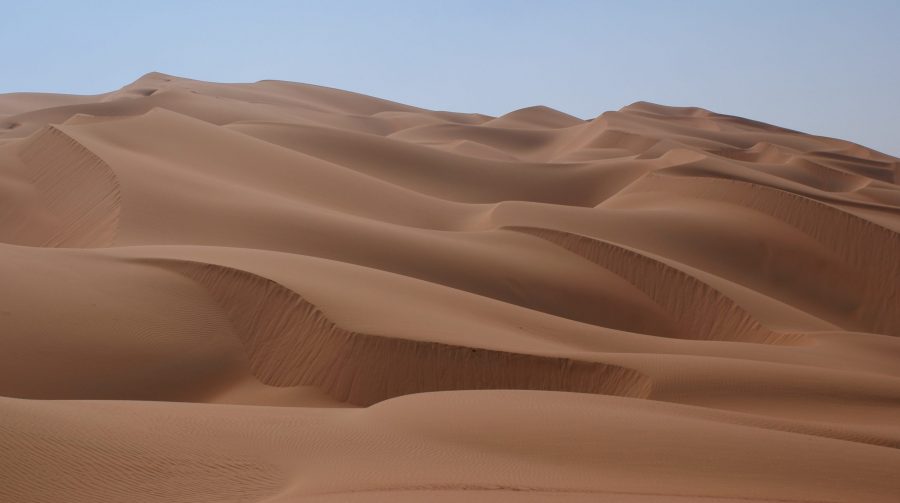Second Sunday of Advent (Year C)
Fr Paolo Consonni MCCJ
A characteristic of our generation is the constant shift between moments of exuberance (young people long to be “high”) and periods of depression. Online gaming, exciting activities, as well as hypnotic music provoke a high degree of excitement, but only to leave one soon after depleted of energy and in a very low mood. The cycle then repeats itself endlessly. The higher we feel, the easier it is to hit a low.
For this reason, in many circles (notably, in the “New Age” movements and health-conscious groups), the need for balance is emphasized. Meditation, healthy nutrition, contact with nature are seen as the remedies to the excesses of our modern living.
“Balancing” is portrayed as a new trend, but it’s something which is actually rooted in the ancient traditions of many religions, and especially of our own Christian spirituality. It’s the necessary condition to get hold of our life and orient it to God so that He may direct it.
“Prepare the way of the Lord: […] every valley shall be filled and every mountain and hill be made low,” admonished John the Baptist, echoing the words of Isaiah. The way of the Lord is not too high (mountains) nor too low (valley). So it can be received, integrated and put into practice with concrete and lasting choices, the Word of God needs a sober, attentive mind and heart, capable of avoiding the pitfalls of inconclusive reactivity or, on the other side of the spectrum, of paralyzing inactivity.
Only after this balancing has been achieved, is it possible to “make the winding roads straight and the rough ways smooth”; in other words, we have enough clarity to restore a direction, a consistency in our life-decisions and answer more readily to God’s invitation. Repentance (metanoia in Greek) is not a superficial, impulsive action to make up to God for something wrong I have done. It’s a strong decision to tackle the critical and destructive patterns which hinder our growth, our relationships with God and others, and our capability to live in solidarity with those who suffer. For John the Baptist, this meant to leave the places of power (see the long list of rulers at the beginning of the Gospel) and even the temple (where his father was serving as a priest) and finally immerse himself in the silence of the desert.
The desert teaches us that, in our Christian spirituality, “balancing” is not merely directed toward achieving a personal wellbeing or healthy lifestyle. It’s not an individualistic effort to achieve a purely subjective faith whose only interest is in a certain experience which is meant to console and enlighten, but which ultimately keeps one imprisoned in our own thoughts and feelings,and not to open ourselves to God.
As Pope Francis said, in this way we only end up with a “God without Christ, a Christ without the Church, and a Church without her people” (especially the poor and marginalized). Christians instead find true balance and meaning when they don’t put themselves at the center, and when they orient their lives towards “the Lord who is coming” and His people. John the Baptist did not go to the desert just to find “balance”: he went there to serve God’s Plan of Salvation for the whole of humanity, helping all those coming to him to reconcile with God.
The desert is not necessarily a solitary place far away from our bustling cities. It’s the inner place you can discover daily in your inner self, when you get out of your “highs and lows” and honestly open-up to God in your naked truth. There God will meet you, and show you the way to live your work, your relationships, your consuming routine with a deeper meaning, “immersed” in His Mercy and with a spirit of service. This is the baptism we may need this Advent.


 Follow
Follow


